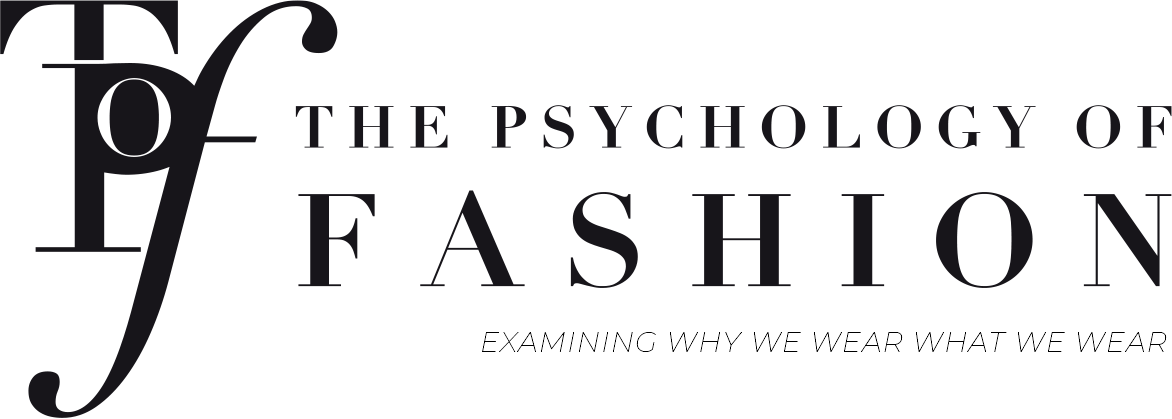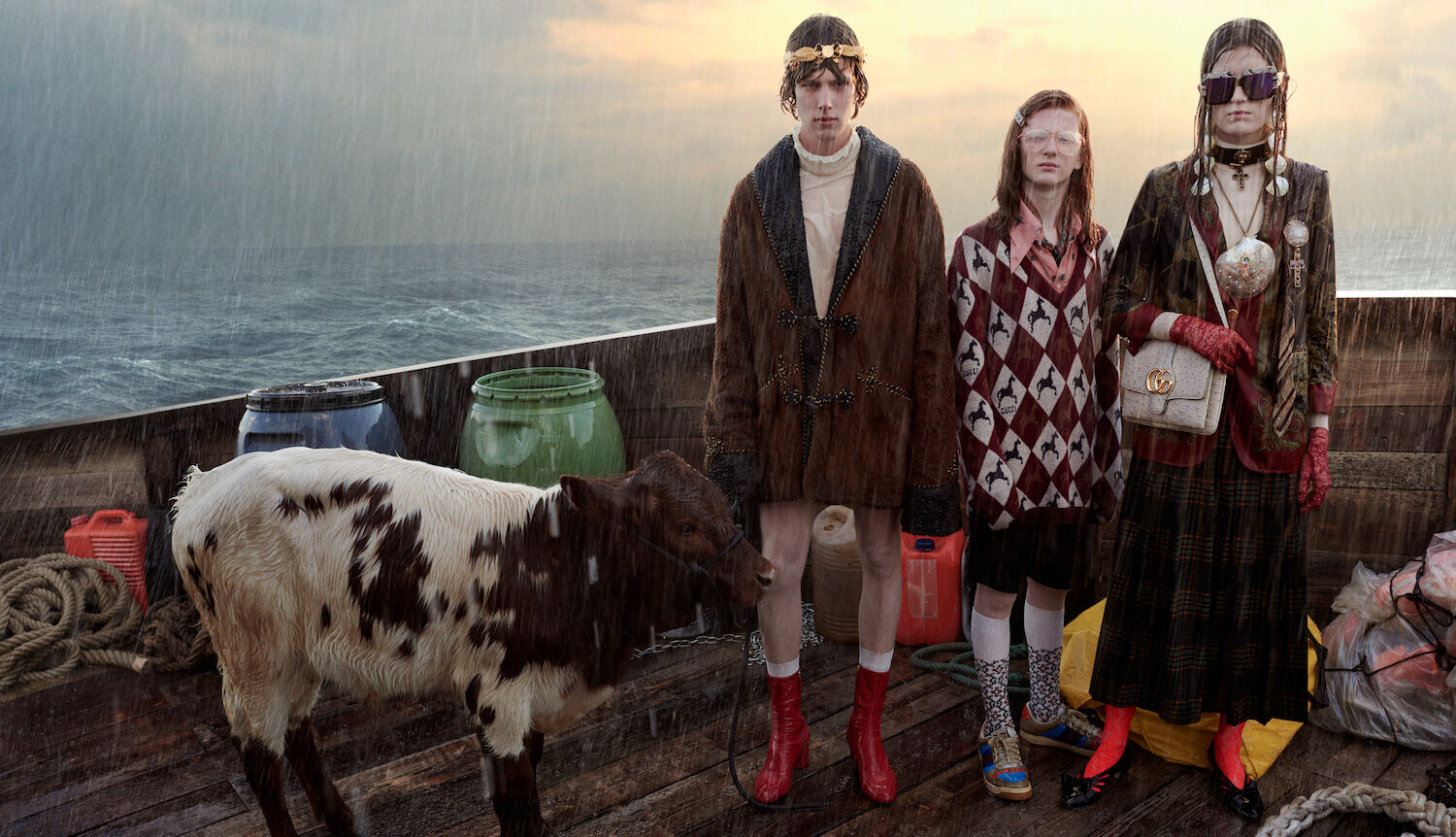Despite the widespread panic and anxiety, economic carnage, and the threat to human life, it seems that the Coronavirus pandemic has also brought about one surprising gift: we’ve finally slowed down. And I believe that with this slowing down, we’ve gained levels of clarity, perspective, and presence that will forever change how we live, shop, and market.
This dawned on me last week during a first bout of social isolation. At home with zero plans to go out, I had been expecting to feel bored and confined, yet by Sunday evening, I realized that it had been by far one of the best, and most relaxing weekends I’d had in a long time. Like many, my household had been operating at breakneck speed. My husband and I lived on constant food delivery and the fridge was constantly empty save for a champagne bottle we received as a housewarming gift, a bottle of probiotics, apple cider vinegar, and the odd garlic clove. We had been talking about grocery shopping and stocking the kitchen for ages, but never actually did. My apartment has a nice bathtub which I’ve been meaning to use for months, and never actually did. Coronavirus came, and suddenly we had a full pantry, and the flat started to feel like a home, as opposed to a delivery centre. I finally took that bath. Essentially, we slowed down. And with this pause, I saw the people, energies, and items I did and didn’t want in my life, with much greater clarity.
This perspective trickled down to consumerism. In my closet, there were several maybe-just-in-case scratchy chiffon high-street dresses I’d been holding on to for years, likely out of fear of lack. Coronavirus came, and they went swiftly from hanger to (donation) bin. Conversely, I’ve had the Saint Laurent logo-heel sandals in my mind for a long time, but kept hesitating as to whether they’re too trendy, expensive, and impractical. Coronavirus came, and I was suddenly assured that my time on earth would not be complete without them. All this has been my highly personal, subjective experience, but can be analogous to how a clearer perspective can eventually influence the fashion industry on a grand scale.
We have all been living frenetically, traversing through noise, using an increasingly murky perspective, but in slowing down thanks to delays, cancellations and isolation, what has seemed grey, has suddenly became clear.
Journalists know to frame questions around danger to attain clarity from their subjects. If you ask your interviewee what they value most in their lives, they will find it hard to answer. If you ask them five things they would save if their house was burning down, clarity comes instantly.
Psychologically, we can only experience this type of lucidity and presence amid brushes with mortality—scrapes with death have some very interesting effects on the brain. Things that used to bring us down, worry us, or annoy us, don't seem to matter anymore. As such, now is the time to reflect and create the positive change required to drive lasting benefits in our lives, wardrobes, and businesses.
Gucci Cruise 2019’s ark-themed campaign by Glen Luchford (Photo: dazeddigital.com)
Oddly, these shifts can be seen to be in line with what religious theology has been teaching us using the narratives of global cataclysm. Think of the flood and Noah’s ark in Genesis: it’s a wrecking ball. The purpose of disasters in these stories have always had one purpose: to recalibrate the world.
I don’t want to minimize, justify or be tone-deaf towards the financial upheaval currently being caused by the pause Coronavirus is enforcing. There is a lot of pain. People are losing their jobs. Every fashion business is suffering, including the strongest companies. The launch of my own e-commerce startup, PSYKHE, is on hold.
But considering the inevitable collective mental shifts that the pandemic has brought on, we must look forward, try and stay nimble, and delve into what we can anticipate the central psychological and behavioural changes in our landscape to be. Here are three.
Self-knowledge will kill mindless consumption
Because this rare, dramatic pause allows for a new perspective on what’s materially essential, people will leave this period with a clearer understanding of themselves, who they are, what they want, and what items are in alignment with their ideal self. This means that we need to give consumers a clearer reason as to why we’re creating, selling or marketing something. “Update your wardrobe”, just because, might no longer cut it. We’re already seeing this shift as retailers, content creators, and influencers pivot to find more specific advice on what to wear while working from home.
Gatherers will become hunters again
We will (for real this time) invest more money in fewer items. Armed with this new self-awareness around our true sense of aesthetic, we’ll be motivated to go after what we really want with a new ferocity. To borrow from archaeology, hunters exhibit strong preferences in their “prey”, while gatherers enjoy endless searching for fashion items and gather many different things, just in case. However relative, we’ll finally live by a less-is-more approach. E-commerce initially led to many more people hunting rather than gathering, but the new landscape, a crowded online marketplace, means that there’s a lot of wading to get through. New personalized algorithms and recommendations, born out of necessity to cut through the noise, will decrease the need for gathering and turn us back into hunters.
Futile resuscitations of old business models will end
The virus has been tough on even the strongest businesses (even Nike may suffer a $3.5 billion drop in revenue in its current fourth quarter of fiscal 2020), but it has been a nail in the coffin for those that were already struggling. Examples include department stores which hadn’t evolved, and brands that were simply no longer creating pieces that excited contemporary consumers, such as Laura Ashley, which went into administration this week.
The world has changed. We’ve gone digital. As such, we’ll stop trying to breathe new life into old business models and create new ones instead. Consumers value their most scarce asset: their time. Offline experiences are most valuable to consumers when they help create a media moment. Shoppers go to the Glossier store to take pics at, and of the, Glossier store and its insta-worthy backdrops.
Shoppers will still flock to physical stores when it’s worth their time and offers a media moment. (Photo: ymijan.com)
Science tells us that a global flood has actually never occurred. But most scholars generally agree that the Genesis flood narrative, a figurative way to communicate a message to the world, was meant to explain how this act of divine retribution paved the way for creation. A pressing of restart, a renewal.
No one likes a forced silver lining. And however you spin it, we all can’t wait for the Coronavirus threat to lift, to start freely leaving the house again, meeting friends for dinner, not shy away from handshakes, see bottom lines go up, and escape the anxiety that the loom of increasing losses and liability brings. But let’s not lose the opportunity to use this time to leverage clarity, presence and perspective.













As news of PSYKHE’s launch spreads, The Psychology of Fashion and PSYKHE’s founder Anabel Maldonado sat down with editors at Forbes and WWD to discuss the platform, the journey and why the world needs personalization powered by AI and psychology.